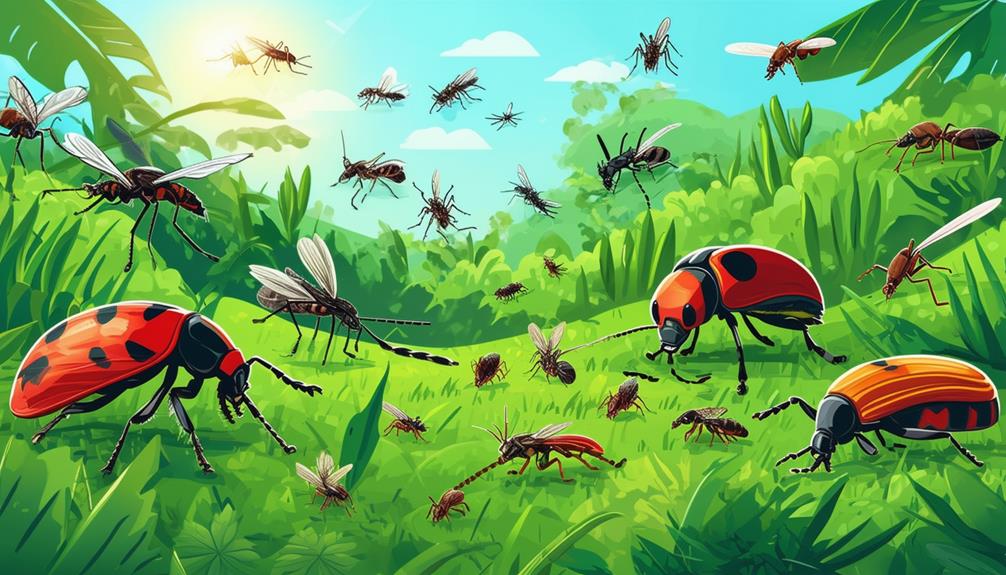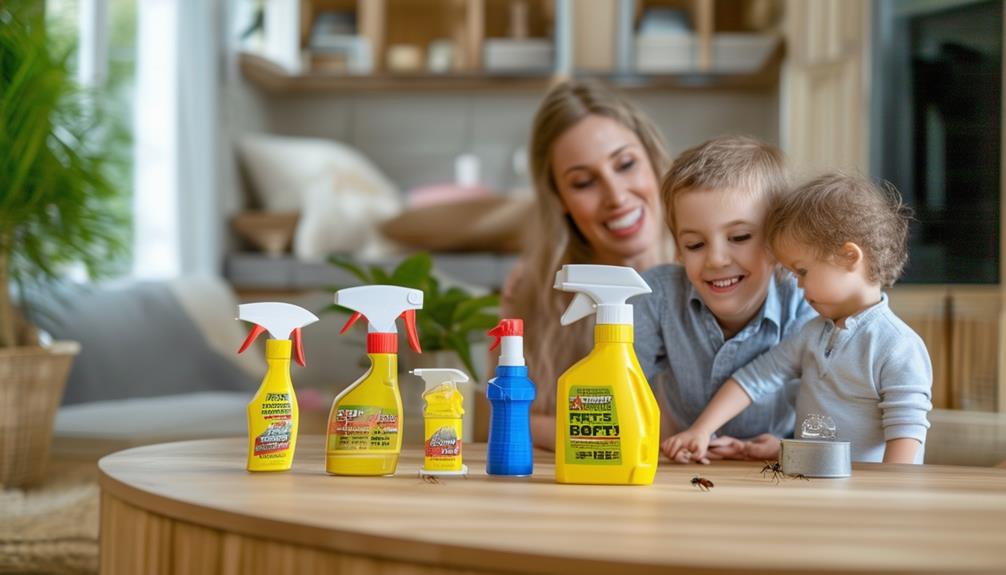Introduction: Bed Bugs in Your Home: What to Do
If you suspect that you have a bed bug infestation in your home, it’s important to take immediate action. Bed bugs are small, reddish-brown insects that feed on the blood of humans and animals. They are known for their ability to hide in small crevices and can be difficult to detect.
Bed bugs can be found in any type of home and can be spread through the transportation of infested items, such as furniture, clothing, and luggage. They can also be spread through direct contact with an infested person or animal.
Bed bug infestations can be difficult and time-consuming to treat, so it’s important to take action as soon as you suspect a problem. By taking immediate action, you can help prevent the infestation from spreading and minimize the time and effort required for treatment. In the following sections, we’ll discuss how to confirm the presence of bed bugs, contain the infestation, develop a plan for treatment, and prevent future infestations.
Confirm the Presence of Bed Bugs: Symptoms, Identification, and Inspection Tips
The first step in dealing with a bed bug infestation is to confirm the presence of bed bugs. There are several ways to do this:
- Look for symptoms of bed bug bites: Bed bug bites are small, red bumps that are often found in a line or cluster on the skin. However, not everyone reacts to bed bug bites, so the absence of bites does not necessarily mean that you don’t have an infestation.
- Identify bed bugs: Bed bugs are small, reddish-brown insects that are about the size of an apple seed. They have flat, oval-shaped bodies and are visible to the naked eye.
- Conduct a thorough inspection: To confirm the presence of bed bugs, it’s important to conduct a thorough inspection of your home. This includes checking all areas where people sleep, such as beds, couches, and chairs, as well as other areas where bed bugs may hide, such as behind baseboards, in crevices, and in clutter.
By following these steps, you can confirm the presence of bed bugs in your home and take the necessary steps to deal with the infestation.
Contain the Infestation: Preventing the Spread of Bed Bugs
If you confirm the presence of bed bugs in your home, it’s important to take immediate action to contain the infestation. Here are some steps you can take:
- Prevent the spread of bed bugs: To prevent the spread of bed bugs, it’s important to isolate infested items and keep them away from non-infested areas. This includes placing infested items in sealed bags or containers, and avoiding handling them as much as possible.
- Clean and vacuum: Vacuuming can be effective in removing bed bugs and their eggs from surfaces. Be sure to dispose of the vacuum bag in a sealed bag after use.
- Seek professional assistance: If you are unable to contain the infestation on your own, it may be necessary to seek the assistance of a professional pest control service. A pest control professional will have the knowledge and equipment to effectively treat the infestation and prevent the spread of bed bugs.
By taking these steps, you can help contain the infestation and prevent it from spreading to other areas of your home.
Develop a Plan for Treating the Infestation: Options, Choosing a Pest Control Company, and Following Instructions
Once you have contained the infestation, it’s important to develop a plan for treating the bed bug problem. There are several options for bed bug treatment, including:
- Chemical treatments: Chemical treatments involve the use of pesticides to kill bed bugs. These treatments can be effective, but it’s important to follow the instructions carefully and use the products in a safe and responsible manner.
- Heat treatments: Heat treatments involve the use of high temperatures to kill bed bugs. These treatments can be effective, but may not be suitable for all situations.
- Physical removal: Physical removal involves manually removing bed bugs and their eggs from infested areas. This can be time-consuming and may not be practical for large infestations.
When choosing a treatment option, it’s important to consider the extent of the infestation, the specific type of bed bugs involved, and the potential risks and benefits of each treatment.
It’s also important to consider seeking the assistance of a professional pest control company. A professional pest control company will have the knowledge and experience to effectively treat the infestation and prevent future infestations. Just be sure to choose a reputable company and follow the treatment instructions carefully.
By developing a plan for treatment, you can effectively eliminate the bed bug infestation and protect your home from future infestations.
Prevent Future Infestations: Tips and Regular Inspections
Once the bed bug infestation has been successfully treated, it’s important to take steps to prevent future infestations. Here are some tips for preventing bed bugs:
- Regularly inspect your home: Regularly inspecting your home for bed bugs can help you catch infestations early and take action to prevent their spread.
- Use protective covers: Using protective covers on your mattress, box spring, and pillows can help prevent bed bugs from accessing these areas.
- Avoid bringing infested items into your home: Be cautious about bringing used furniture, clothing, and other items into your home, as these items may be infested with bed bugs.
- Travel safely: When traveling, inspect your hotel room for bed bugs and use protective covers on the bed. When returning home, wash and dry your clothing on high heat to kill any bed bugs that may have hitched a ride.
By following these prevention tips, you can help protect your home from future bed bug infestations. It’s also important to be aware of the signs of a bed bug infestation and take immediate action if you suspect a problem. By taking proactive measures, you can effectively prevent and control bed bug infestations in your home.
Conclusion: Handling a Bed Bug Infestation in Your Home
In conclusion, bed bug infestations can be difficult and time-consuming to treat, so it’s important to take immediate action if you suspect a problem. To deal with a bed bug infestation, it’s important to confirm the presence of bed bugs, contain the infestation, develop a plan for treatment, and prevent future infestations. There are several options for bed bug treatment, including chemical treatments, heat treatments, and physical removal.
It’s also important to consider seeking the assistance of a professional pest control company. A professional pest control company will have the knowledge and experience to effectively treat the infestation and prevent future infestations. Just be sure to choose a reputable company and follow the treatment instructions carefully.
By following these steps and taking preventive measures, you can effectively eliminate a bed bug infestation and protect your home from future infestations.
If you suspect a bed bug infestation in your home, don’t wait! Contact Nature Guard Pest Control today to schedule a consultation and get expert help with eliminating the infestation and protecting your home from future infestations. With years of experience and a commitment to using safe and effective treatment methods, Nature Guard Pest Control is the trusted choice for bed bug control in Tulsa. Contact us today to get started!





